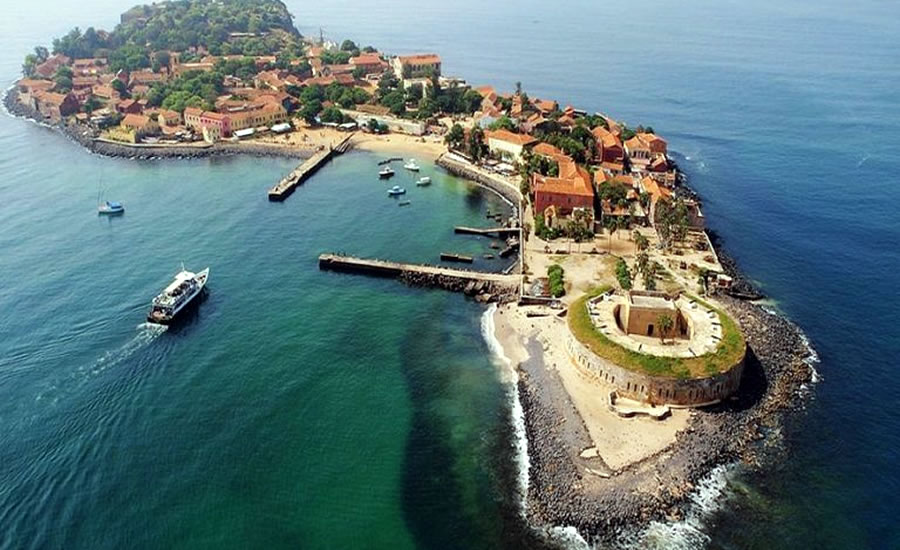
The Senegalese government has unveiled an unprecedented project: a cable car linking the capital to the island of Gorée, a historic symbol of African memory. The initiative is part of the "Dakar Métropole 2050" plan, a programme aimed at redesigning urban mobility and preparing the city for sustained population growth.
The announcement was made by President Ousmane Sonko and his Minister of Urban Planning, Balla Moussa Fofana, at an event where the need to modernise the transport network was underlined. The cable car is intended as a complement to the current maritime traffic and as an alternative to the congestion of the metropolis' land routes.
The connection to Gorée not only aims to facilitate access for residents and tourists, but also to enhance the value of an enclave listed as a UNESCO World Heritage Site. The project aims to combine modernity and cultural identity, boosting tourism and reinforcing Dakar's international image.
Although technical details have not been fully disclosed, the authorities confirmed that feasibility studies are underway to define capacity, route and budget. The design is expected to include strict environmental criteria in order to minimise the visual and natural impact on a space of high historical value.
The initiative is part of a broader urban transformation plan that includes trams, green corridors and new infrastructure. With these actions, the government aims to make Dakar a regional hub of innovation and sustainability by mid-century.
The Gorée cable car thus represents a twofold commitment: to solve mobility problems and to project a renewed image of Senegal to the world, where tradition and the future go hand in hand.
Source: leral.net; rts.sn
